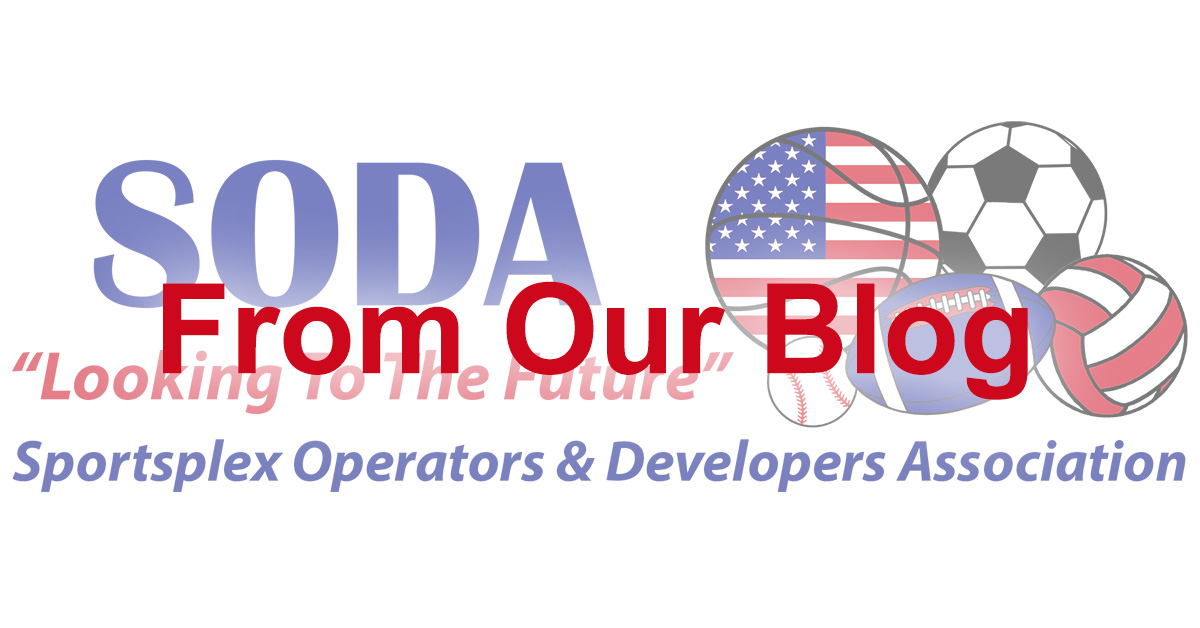Are you cooking up trouble?
Ants, bees, flies, rain, or wind can be annoying when enjoying a hot dog and soda at the ballpark. However, all of those pale in comparison to food poisoning, another outdoor food risk!
Indoor and outdoor sports organizations face liability risks from food poisoning incidents resulting from improper food handling at concession stands. These incidents should be covered by General Liability insurance. However, preventing such risks is preferable. Here are some tips for reducing the risk.
Management and purchases
• Concession stands must adhere to all local food licensing and permit laws and regulations.
• All concession workers should receive training in proper food handling by management.
• Only purchase food from reputable, good-quality sources.
• Do not purchase or serve any food past the expiration date.
• Avoid serving food prepared at home, other than baked goods.
Food Handlers
• All concession workers must wash hands with soap and warm water after potential contamination events. These include but are not limited to using the restroom, sneezing or coughing, touching counters and garbage cans, dumping garbage, touching cash register and money, and touching your face, mouth or hair
• Use of gloves and hand sanitizers offer hand additional protection, but are not a substitute for frequent hand washings.
• Food handlers be symptom-free of illness (coughing, sneezing or sniffling, fever, nausea, vomiting, diarrhea) or open wounds when handling food.
• Food handlers must use appropriate utensils, gloves, or deli paper when handling food.
Insects and Vermin
• Store all food off the floor.
• All food should be covered and spills/drips continually wiped down to discourage insects.
• Keep trash cans covered at all times with tight-fitting lids.
with tight-fitting lids.
Refrigeration
• Foods requiring refrigeration to be held at 40° F or lower until being served.
• Keep a thermometer in your refrigerator/freezer to ensure fridge is maintained a 40°F and freezer at 0°F.
• Perishable food should not sit out of refrigerator longer than two hours.
Sanitation
• Disposable utensils and paper products should be used to reduce cleaning and contamination.
• Do not wash or reuse disposable products.
• Sanitize and wipe down all food preparation surfaces and concession equipment frequently.
• Do not overfill garbage cans, and empty them frequently.
For more detailed food handling information, you can download our food risk management report.
Protecting your organization from liability claims
Did you know that liability protection is critical for all sports and recreation organizations? It only takes one injury-related lawsuit to financially ruin your organization. Having the right sports and recreations insurance protection offers you peace of mind.
Finding the right insurance coverage doesn’t have to be difficult. We at SADLER understand the specific needs and unique risks associated with your sports or recreation organization.
If you would like to learn more about liability prevention or are ready to get a customized insurance quote, you can apply online now or call us at 800-622-7370.
There are no obligations and most quotes are sent in just a few hours. With no application fees and the most competitive rates in the industry, what have you got to lose?
Sources:
- Stadium Foods Present Unique Food Safety Risks: Part 1 And Part II; April 19, 2010; Richard J. Arsenault.
- Food Safety Hints for Non-Profit Organizations and Schools; Fort Wayne-Allen County Department Of Health; Ft. Wayne, Indiana.
- A Quick Consumer Guide to Safe Food Handling; University Of Minnesota; Feb. 4, 2009; Parts Adapted from Your Safe Food Handbook, USDA, Feb. 2008.
Source: Sadler Sports & Recreation Insurance
https://www.sadlersports.com/blog/cooking-trouble/
“NEW” Amateur Sports Added !
We Can Save More Money In 2024 !
26 Different Amateur Sports
Teams, Officials, Tournaments, & Facilities




0 Comments